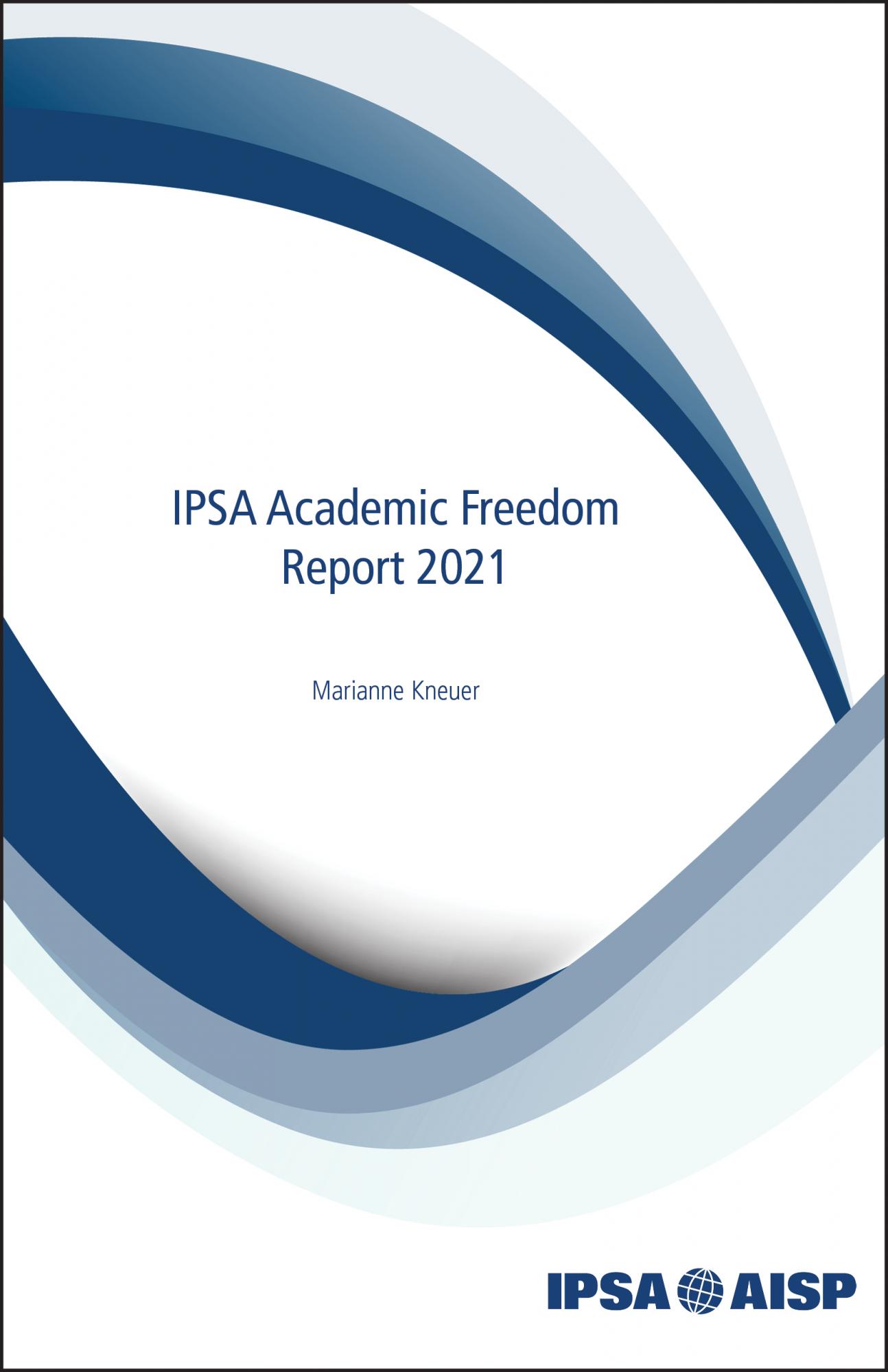IPSA Guidelines on Academic Freedom Protection Procedures
Academic Freedom entered the global political agenda in the 1990s, when UNESCO agreed on a common definition. It is considered a central value of higher education and universities worldwide have integrated it at the core of their mission.
IPSA’s Mission Statement declares that IPSA aims “to support the academic freedoms needed for the social sciences to flourish” and several actions were taken in recent years to implement this objective. In 2016, IPSA adopted a Statement on Academic Freedoms, the provisions of which are considered as the necessary minimum to ensure that political scientists can work freely and effectively. The idea behind IPSA’s Statement was to invite national political science associations to play a relevant role in assessing the concept and practices of Academic Freedom, in raising public awareness, generating advocacy, and increasing protection for academic communities. Also in 2016, Ilter Turan, then IPSA President, established an ad hoc Committee on Academic Freedom comprised of members of IPSA’s Executive Committee (EC) as well as external advisers from different regions of the world. In 2018, then President Marianne Kneuer transformed this ad hoc Committee into a permanent body of the EC. One of the first actions taken by this Committee was to conduct a survey among IPSA’s collective members (national and regional political science associations) to identify problems and issues of Academic Freedom as well as practices to tackle these problems.
One of the outcomes of this survey was a widely shared request by the collective members for guidelines provided by IPSA that could help national associations shape a policy on Academic Freedom. To that purpose, the IPSA Committee on Academic Freedom produced Guidelines on Academic Freedom Protection Procedures that aim at providing national associations with suggestions for the establishment of national protocols regarding reactions to potential Academic Freedom limitations or attacks. The Guidelines also offer some suggestions for the establishment of a nationally formalized procedure for monitoring eventual violations of the academic freedoms of political scientists.
The provisions in the Guidelines are to be considered as suggestions that could/should be adapted to the specific national contexts.
IPSA Executive Committee
April 2025
READ THE GUIDELINES
IPSA Academic Freedom Report 2021
IPSA is proud to present the IPSA Academic Freedom Report 2021. Written by IPSA President Marianne Kneuer (2018-2021), the report presents the results and analysis of a survey on violations of Academic Freedom (AF) elaborated by the IPSA Committee on Academic Freedom (CAF), and conducted by the IPSA Secretariat among its collective members in 2020. 44 national and regional Political Science association members of IPSA responded to the survey.
The report is available here for all IPSA members – collective, institutional and individual – hoping that it can serve them as much as it can serve IPSA in order to get a better picture about the situation of AF violations in their national community or other regions.
IPSA Academic Freedom Report 2021 PDF
Background
International professional organizations in the scholarly community are increasingly confronted with incidents of infringements on AF or with complaints on violations of AF by individual scholars or by institutions. Thus, AF has become a crucial issue for these associations and their work. This also, and especially, applies to the International Political Science Association (IPSA) as a global professional organization. Even though AF is not a new problem, AF issues have not been confronted in a systematic way and did not lead to institutionalized bodies and procedures until recently. In 2016, IPSA President Ilter Turan formed an ad hoc CAF comprised of EC Members as well as external advisers from all regions. In 2018, President Marianne Kneuer transformed this ad hoc Committee into a permanent body. Moreover, she suggested conducting a survey with the collective members to identify problems and issues of academic freedom as well as practices to tackle these problems.
The CAF considered it relevant to define in a more concrete way which specific service IPSA could render to the national associations in the realm of AF. As an international professional organization, IPSA includes a heterogenous membership consisting - besides the individual members - of national and regional associations around the globe with potentially very different experiences. Which forms of support from IPSA could be needed in those associations? And how could IPSA contribute to a better network between the collective members in this regard? Could both sides learn from each other? And how could learning within the national associations be fostered?
Hence, the CAF considered it important to a) get an overview of the nature and scope of AF infringements in the national and regional political science associations being collective members of IPSA, b) get an understanding of how national associations deal with such infringements, and c) determine how IPSA can contribute and what services the national associations would welcome in terms of AF issues. The CAF envisaged the overall goal of increasing the possible exchange and joint efforts between IPSA and its collective member to find ways of dealing with the AF issues.
To get this overview of the different problems, circumstances, experiences and models tackling AF violations, the CAF decided to do a survey among IPSA’s collective members, resulting in the IPSA Academic Freedom Report 2021.












